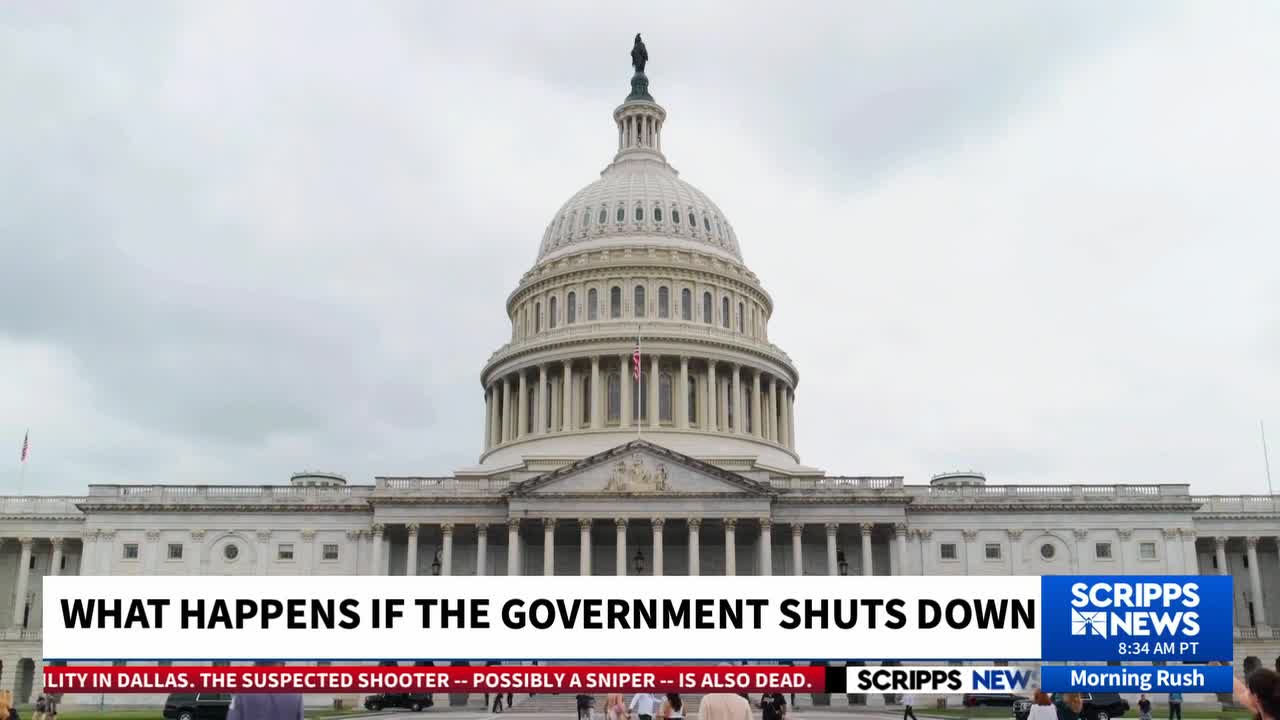The odds of the first government shutdown in nearly seven years are rising, with the federal government projected to run out of money in less than a week. The House and Senate are not even meeting this week, leaving little time to reach a deal.
If a shutdown occurs, several government programs will continue, but others could face suspensions or closures. Social Security, Medicare and Medicaid benefits would remain uninterrupted. However, other federal offices could close, and some services could be halted.
RELATED STORY | Trump cancels meeting with Democratic leaders as government shutdown looms
With prime autumn leaf viewing season approaching in many regions, national parks could also see impacts. In past shutdowns, roads have been closed and services reduced.
One of the most significant consequences would be missed or delayed paychecks for those who work for the federal government. Federal contractors, full- and part-time federal employees, and military service members are among those affected.
Contractors may lose pay entirely, while federal employees and military personnel would receive back pay when the government reopens, as required by a 2019 law — but that provision does not apply to contractors.
The first missed paycheck for federal employees would occur Oct. 10, according to the government’s pay schedule. The Trump administration would determine which workers are designated essential, requiring them to report to work through the shutdown.
In the 2018 shutdown, Transportation Security Administration workers were classified as essential, though some called in sick in greater numbers, according to reports from Scripps News Group stations at the time.
Politically, Republicans want to fund the government at current levels through late November without making policy changes to health care. Democrats oppose that approach, citing concerns that insurance premiums could rise as Affordable Care Act subsidies expire.
RELATED STORY | Democrats dig in to continue subsidies for the Affordable Care Act as potential shutdown looms
"If [Senate Minority Leader] Chuck Schumer intends to shut the government down, I don't see any easy route out of that," House Speaker Mike Johnson recently said. "There will be a lot of pain."
"Our position has never changed," Schumer contended. "We need bipartisan legislation to keep the government open, and meet needs of American people, especially costs, specifically health care costs."
This story was initially reported by a journalist and has been converted to this platform with the assistance of AI. Our editorial team verifies all reporting on all platforms for fairness and accuracy.




